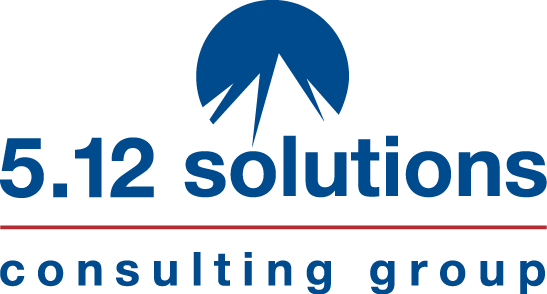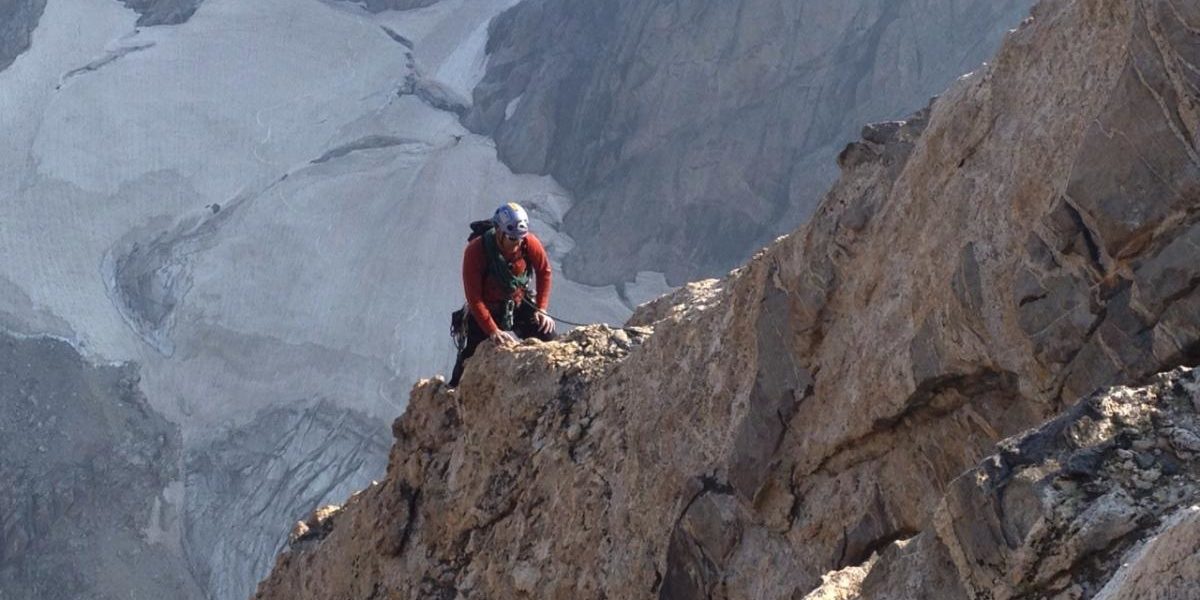Our destination was the summit of the Grand Teton in Teton National Park, WY. At 13,775 feet above sea level, we’d have a 5,000 foot hike over 7 miles and then 2,200 feet of technical rock.
We took a day to hike in. Then we got an alpine start on the Petzoldt Ridge, an exposed 800 foot rock route leading to a more moderate 1,200 feet on the Upper Exum Ridge. Almost 14 hours later we were back at our camp.
I only climb with a few people. And with good reason. With seven miles to the nearest trailhead and several thousand feet of air below me, I want to make sure that my climbing partner is competent and has character. One without the other always results in a lack of trust.
As it turns out, competence and character are the same two factors that generate trust in the workplace. While the consequences of a lack of trust may not be as dire at work as it is on the rock, the results are still real – wasted time on politics and posturing.
It doesn’t have to be that way.
Character
I only climb with a few people. These are people with whom I can communicate freely and easily. And, they are people with whom I can share my concerns and be open about my limitations on any given day. One of the hardest climbing days of my life was not being able to move my body at 19,000 feet on a peak in Ecuador. But I knew my three climbing partners would hear my concerns and we made a decision to turn around instead of furthering our attempt toward the summit.
It was the right decision.
But I felt like I was letting my team down.
The only reason why I could be this vulnerable with my team was because I knew that each and every person would make a decision based on what was best for the team and not for their individual ego and objective.
The same applies in the workplace. We have to build teams with people who are comfortable being open with each other (e.g., asking for help just like I did on a remote mountain in a distant country), and who utilize information to achieve common goals instead of holding it against others.
In other words, trust is first a factor of character.
Competence
I only climb with a few people. These are people who I know have the experience and “know-how” to handle themselves in the often changing and committing conditions faced in the mountains – from unpredictable weather to difficult route finding. Competence is the second factor on which I gauge a potential climbing partner.
The same applies to the workplace. If we want our teams, peers, and people for whom we work to trust us, we have to demonstrate our competence – from the technical aspects of our work to our industry and business knowledge. People around you want to trust that when they hand over a task or responsibility that you’ll have the competence to get it done with the appropriate level of quality and effectiveness.
The Results
The results of trust in the workplace can be summed up to one word…speed. (No wonder why Stephen M.R. Covey wrote an entire book on the topic.)
But realize that it takes two components – character and competency. And, one without the other doesn’t result in trust.

